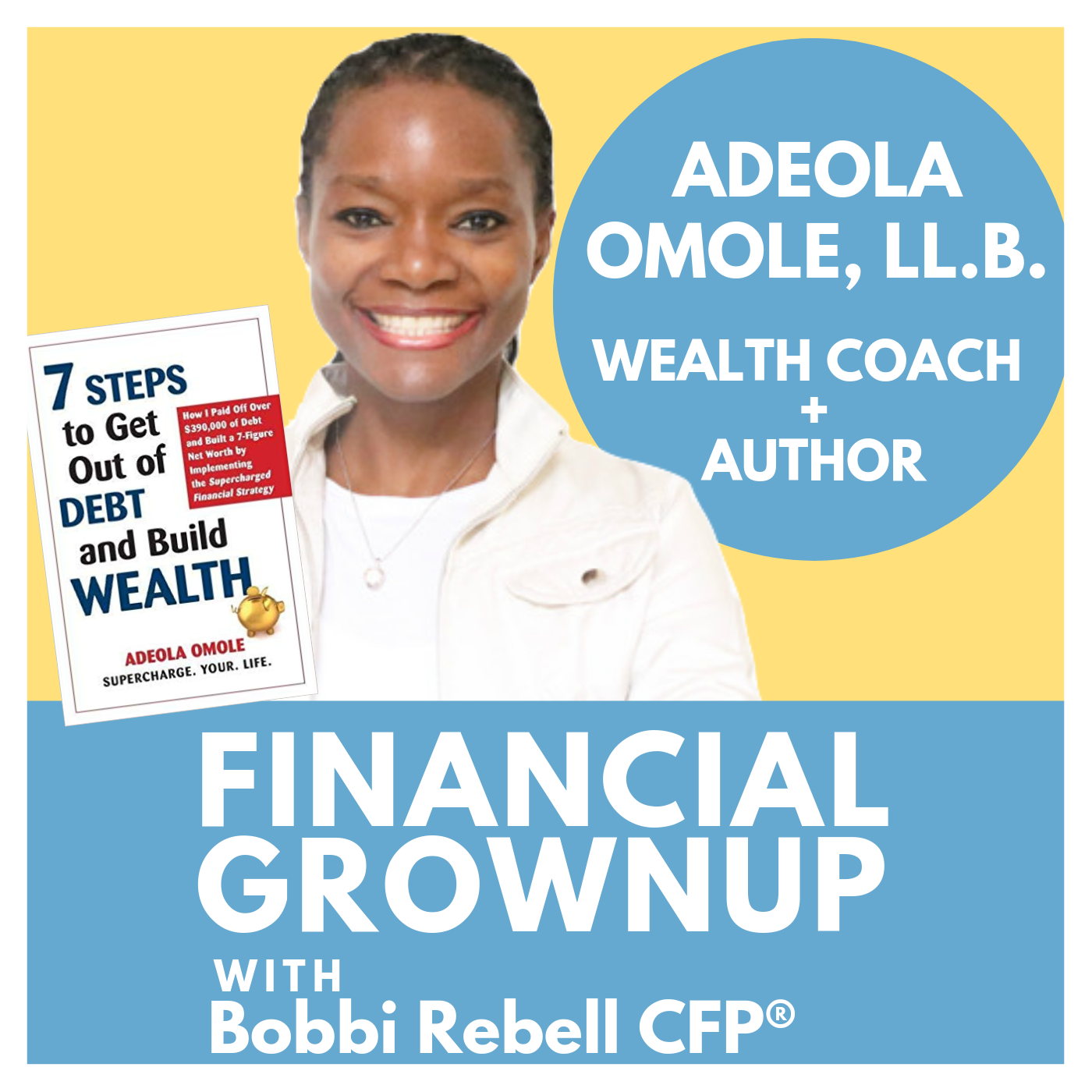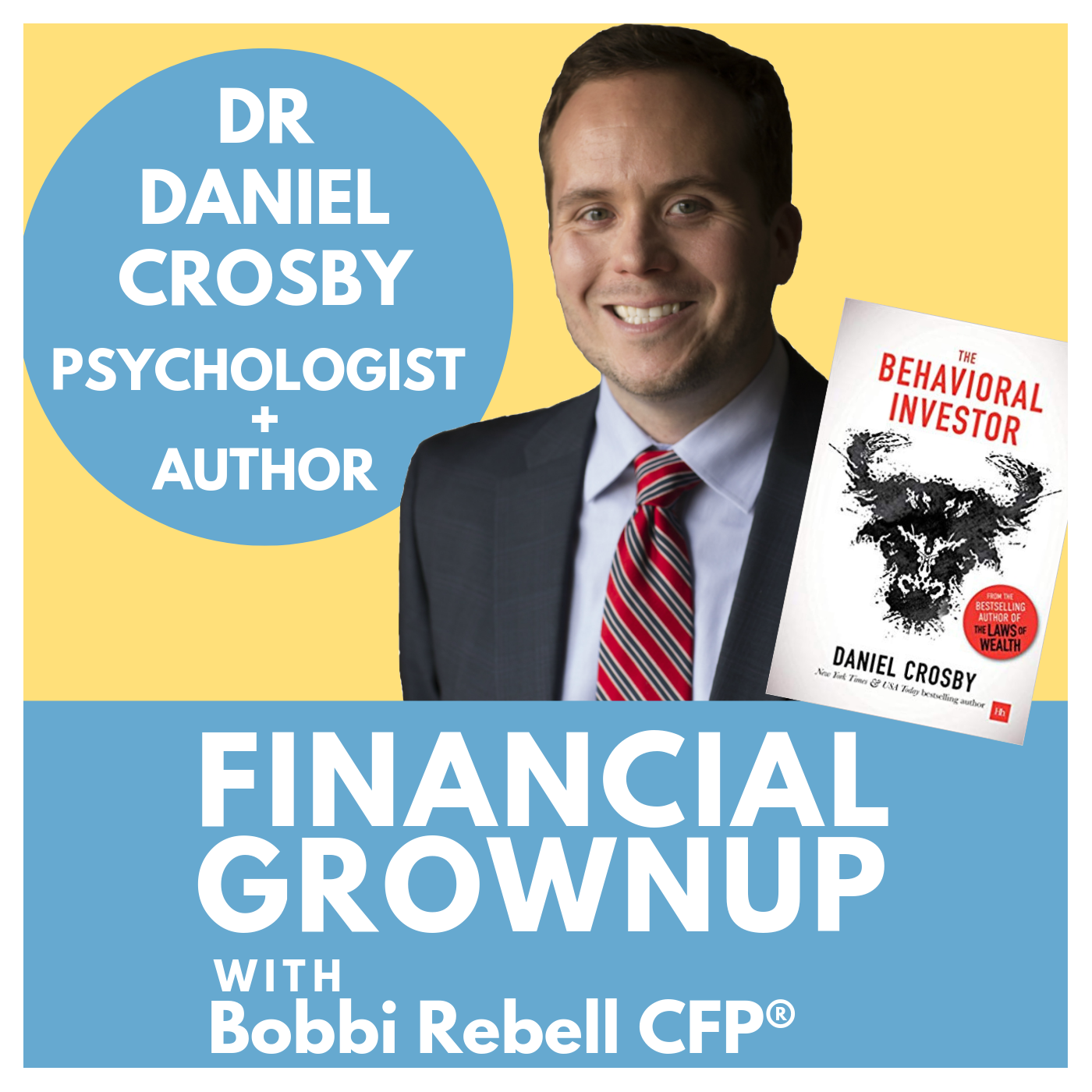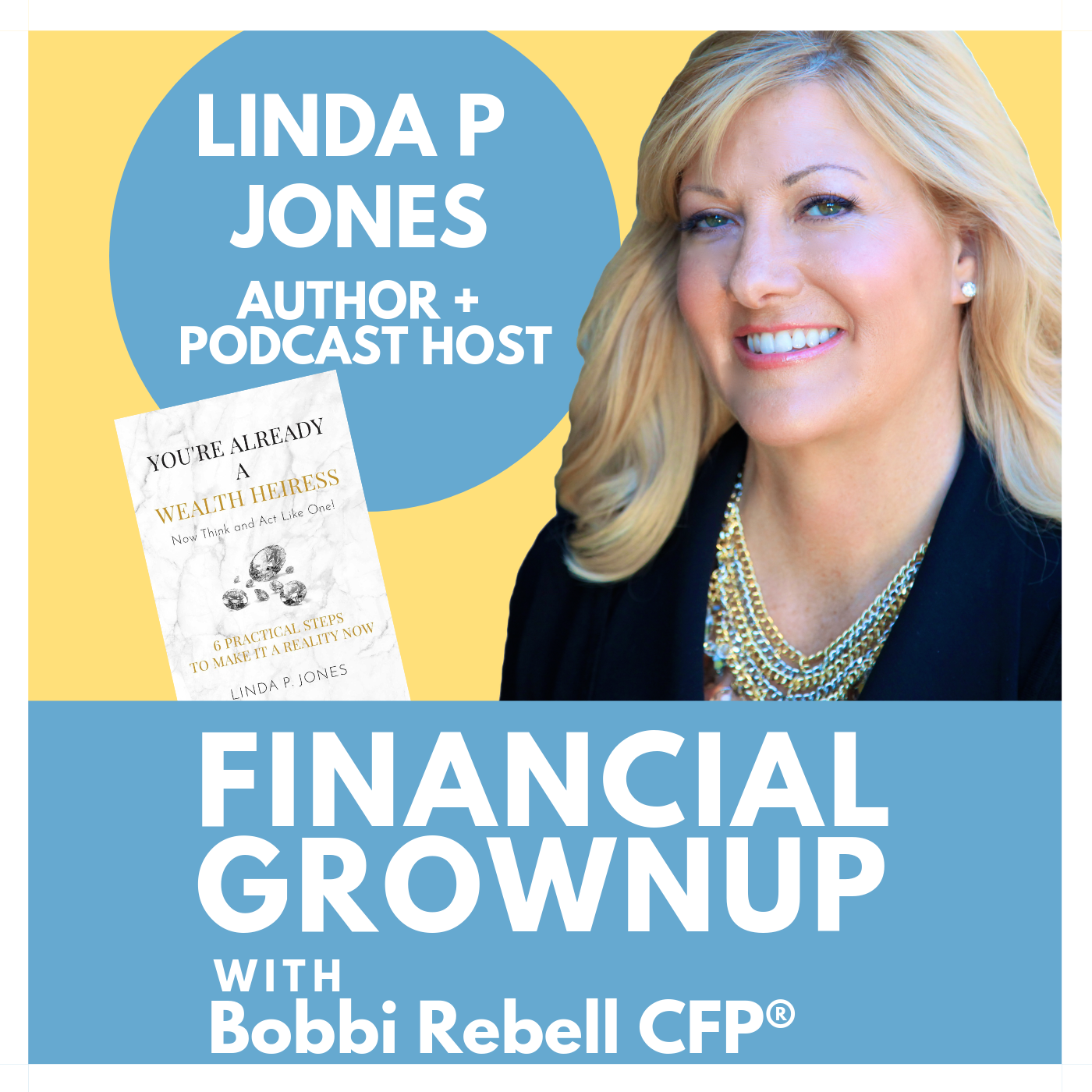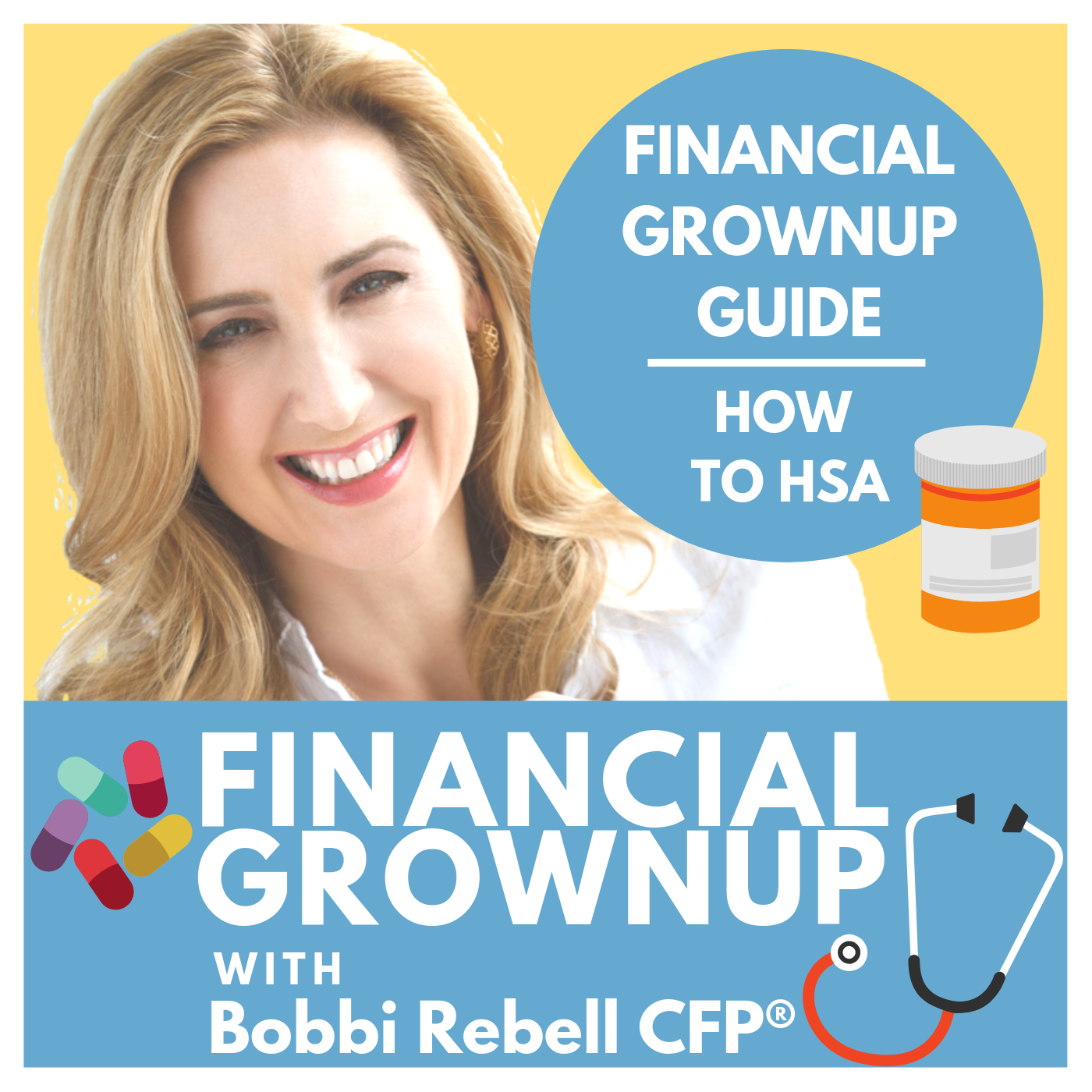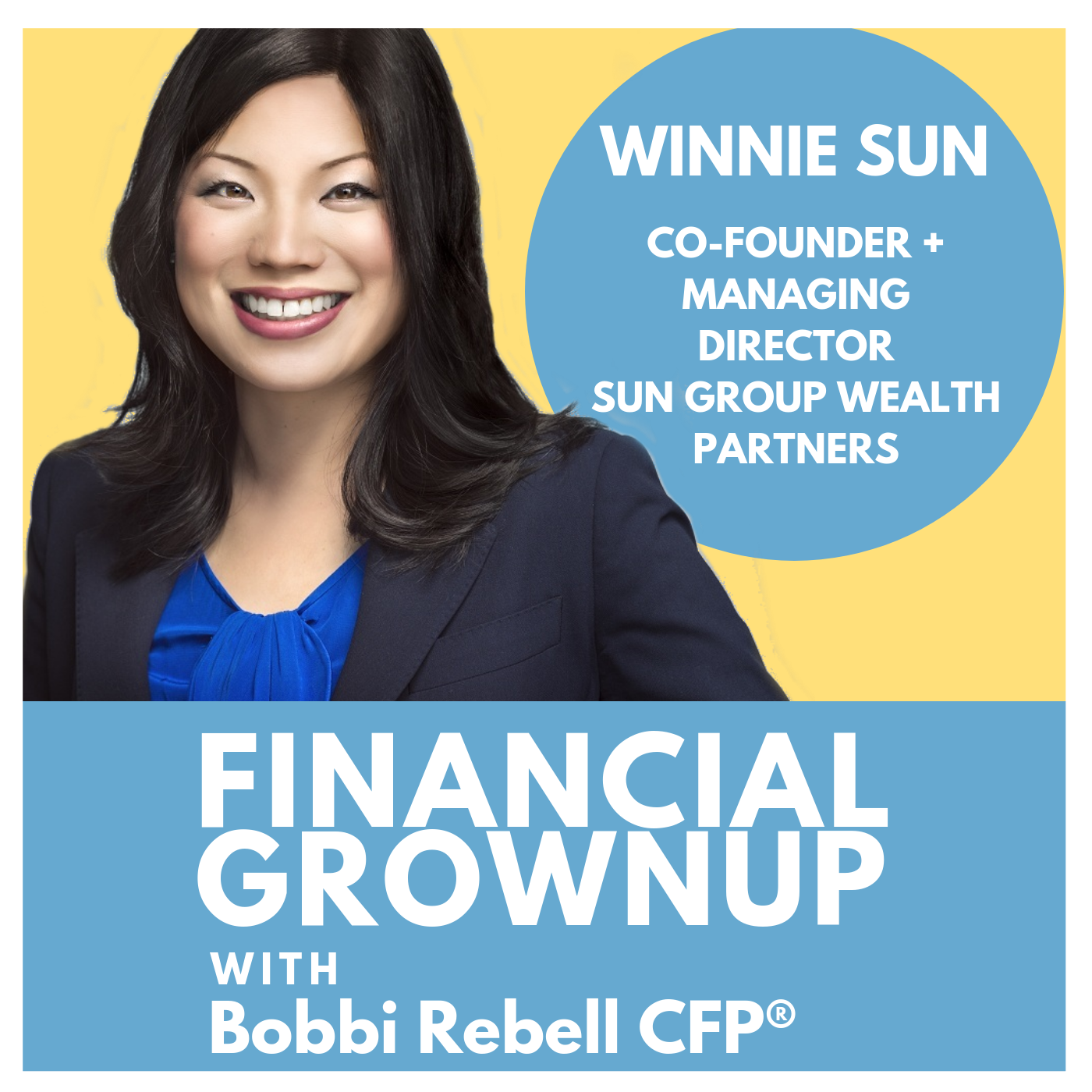Ashley Feinstein Gerstley, the blogger behind The Fiscal Femme website, quit her high paying investment banking job- but spent money as if nothing had changed. The numbers quickly caught up with her, and she quickly learned to be a Financial Grownup.
In Ashley's money story you will learn:
The long hours as an Investment Banker was wearing on her
After receiving a huge bonus she leaves for a job in finance that is less stressful
How having more free time isn't always so great for your bank account
In Ashley’s money lesson you will learn:
How the price of a daily latte was affecting her annually
How talking about money with friends can be helpful for your money goals
Creative ways to save your money
In Ashley's everyday money tip you will learn:
Why it's important to make mistakes and to not give up when things aren't perfect
Why writing down our expenses is helpful
Purchasing unnecessary things daily can add up when calculated annually
In My Take you will learn:
If you spent money you regret over the holidays, try to return stuff
Do a latte assessment
Episode Links -
Ashley's book The 30-Day Money Cleanse
Listen to Lauren Smith Brody's Financial Grownup Episode
David Bach's book Smart Women Finish Rich
Ramit Sethi's book I Will Teach You to Be Rich
Check out Ashley's website -
The Fiscal Femme
Follow Ashley!
Some of the links in this post are affiliate links. This means if you click on the link and purchase the item, I will receive an affiliate commission at no extra cost to you. All opinions remain my own.













